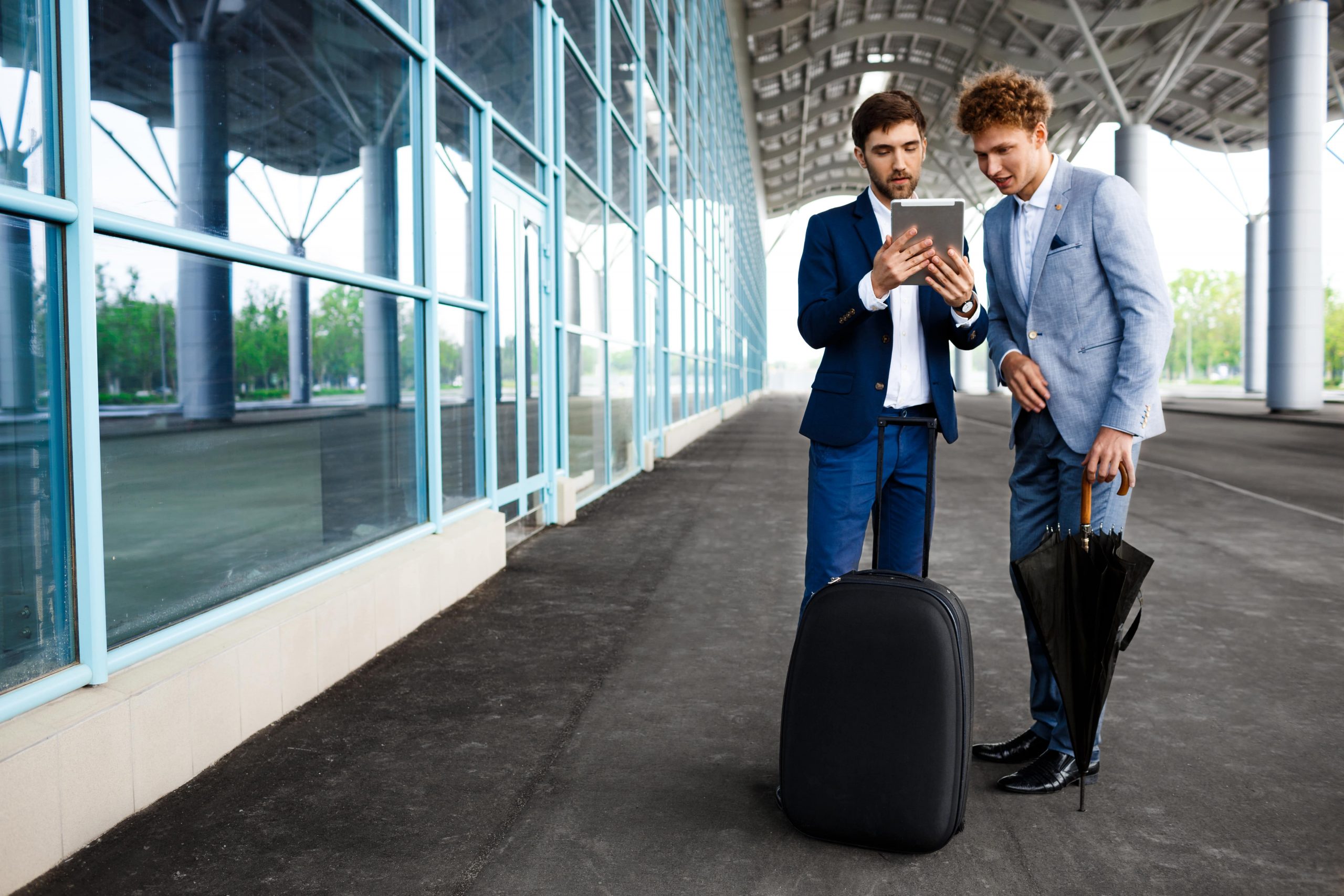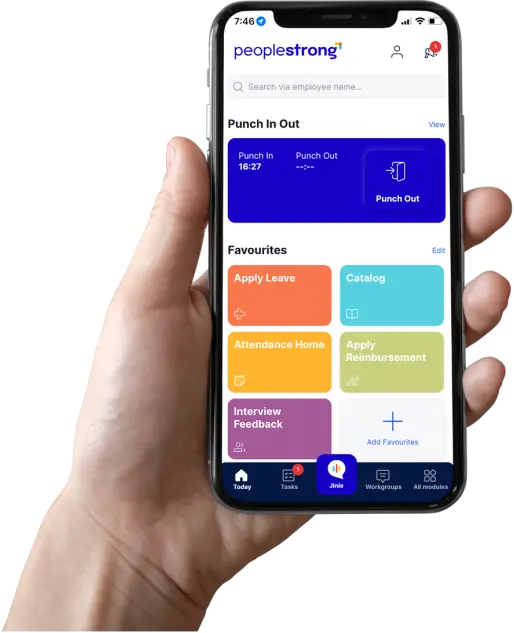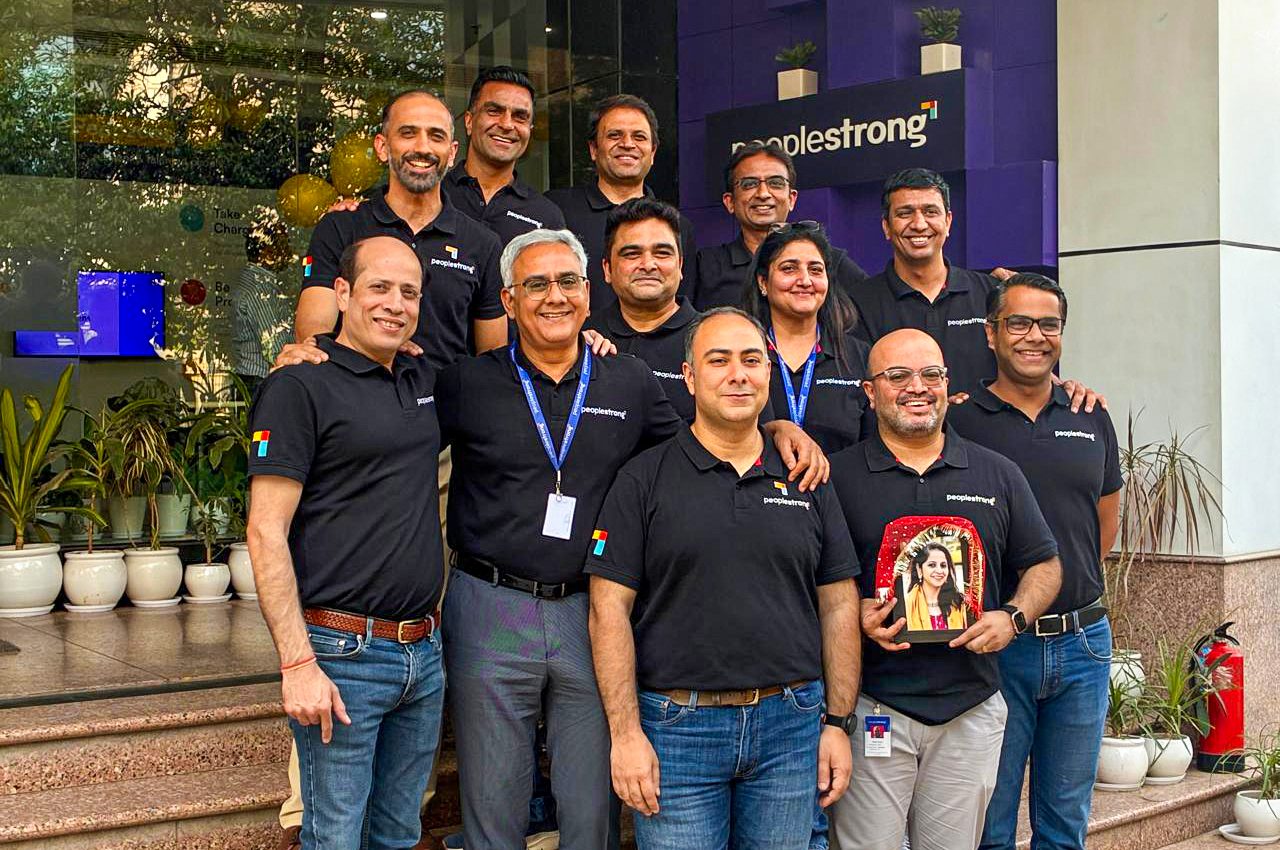Imagine this: one of your team members has to attend a crucial client meeting across the country.
They’re stuck figuring out flight options, juggling hotel bookings, and wondering if their expenses will be reimbursed smoothly.
Sound familiar?
You know how stressful travel without a proper plan can be—for your employees and your company.
That’s why having a clear and comprehensive travel policy is essential. Whether your team is flying overseas for client presentations or traveling locally to meet vendors, your policy should cover everything—from booking guidelines to reimbursement procedures. This guide will help you craft a travel policy that works seamlessly for your employees in India.
This Employee Travel Policy Sample Will Help You to:
- Set clear rules for booking travel, handling expenses, and processing reimbursements.
- Create consistency across all employee travel, reducing confusion and mistakes.
- Manage travel costs effectively by outlining expense limits and approval steps.
- Ensure compliance with company policies and regulations, lowering potential risks.
- Improve employee experience by providing a straightforward process for managing work-related travel.
Travel Policy Sample Template
1. Statement of Purpose
1.1 Objective
This travel policy format will help the employees of <company name> who need to travel for official purposes to understand the approval and reimbursement process. This applies to employees traveling in India and abroad.
1.2 Scope
The policy applies to all the full-time employees of <Name of the Company>. It covers all aspects of the travel process, including:
- Travel bookings (air, rail, etc.)
- Accommodations
- Transportation
- Meals
- Incidental expenses
The policy is effective from <beginning date> to <end date> for all employees on official duties. This travel policy supersedes any previous travel policies related to business travel.
1.3 Purpose
This travel policy aims to provide clear and consistent guidelines for work-related travel. It helps employees make travel arrangements that are:
- Efficient
- Within budget
- In line with company standards
The travel policy outlines:
- The types of expenditures that are reimbursable by <company name>
- Process on how employees can file travel expenses and obtain reimbursement
1.4 Roles and Responsibilities
1.4.1 Responsibility of the Employee
- Employees are required to secure necessary approvals for all domestic travel from the respective Manager and Business Unit head.
- Employees must obtain written approval from the CHRO, CFO, or CEO to travel internationally.
- Employees must send all the requests for approvals, expenses, and bills through the HRMS portal.
- All employees must submit the expense statement along with bills within 10 days of their return from the trip. This should also be done through the HRMS portal.
- All employees are requested to pre-book their tickets. For assistance, you can reach out to the admin team.
- Throughout the trip, employees must act professionally and comply with the organization’s code of conduct.
1.4.2 Responsibility of the Approver(s)
- Approvers are responsible for ensuring that all travel expense claims submitted by team members comply fully with the company’s travel policy.
- Approvers must also oversee that travel arrangements follow the correct approval process and budget limitations.
1.4.3 Responsibility of the HR Team
- The HR team needs to ensure that the travel policy is readily accessible to all employees for reference.
- The HR team must also build and maintain a governance framework to monitor adherence to the travel policy and ensure that any updates are effectively communicated to the organization.
- HR must also assist in resolving any travel policy-related queries or issues raised by employees.
1.4.4 Responsibility of the Finance Team
- The finance team is responsible for processing all the claims without delay and for identifying and flagging any discrepancies in the claims.
1.4.5 Responsibility of the Lifeline Team
- The lifeline (admin) team must assist employees with all of their travel arrangements when needed. The bookings must comply with the company’s travel policy and any pre-approved limits.
2. Definitions
Domestic Travel: Any travel within the boundaries of India is classified as domestic travel. Domestic travel is of two types:
- Intra-city: When the travel occurs within the employee’s base city
- Inter-city: When the travel occurs between two different cities within India
International Travel: Any travel outside India is considered international travel.
Short-Term Travel: Domestic travel that lasts up to 10 days in duration.
Long-Term Travel: Domestic travel that extends beyond 30 days but does not exceed 1 year in duration.
Permanent Transfer: This is when an employee is required to relocate to a new city or country for at least 1 year, with the option to move with their family.
Family: For this policy, family refers to the employee’s spouse and children.
3. Domestic Travel Policy
3.1 Raising a Travel Expense
Employees must raise any travel requisition, such as air or rail bookings, accommodation, or car rentals, through the HRMS portal. Once you’ve submitted the domestic travel request, make sure you get approval from both the practice head and the function head.
For standard travel, bookings are facilitated by the company’s travel desk based on the approved requisition. In some cases, employees may book travel themselves through an authorized partner platform, but this option is typically reserved for emergency travel situations. Reimbursement for such bookings will follow the company’s reimbursement policy.
The eligibility matrix for the various modes of transport is given below:
| Mode | Across All Work Levels & Grades |
| Rail | 2nd AC |
| Car Rentals | Economy package |
| Air | Economy |
3.2 Cancellation
If an employee misses a flight or cancels a ticket due to fault or negligence, the cost of the ticket may be recovered from the employee’s salary.
3.3 Road Transport
An overnight direct train is recommended for shorter routes requiring 4 to 6 hours of travel. Road travel should only be considered when it is the most cost-effective and efficient option. Driving beyond 7 P.M. requires prior approval from the employee’s manager.
For local travel within the base location using a personal vehicle for customer visits, reimbursement will be provided according to the following rates:
| Vehicle | Rate of Reimbursement |
| 2-wheeler – Scooter/Bike | INR X per km |
| 4-wheeler – Car | INR Y per km |
No reimbursement shall be made for travel between home and base office location.
In case of emergency travel, exception approval must be obtained from the Practice Head and Function Head for Operations teams and from the Function Head for all other teams.
3.4 Accommodation
Accommodation expenses include:
- Costs related to the employee’s stay in a hotel or apartment in another city, state, or country.
- Room service and laundry expenses.
If the stay is expected to be 20 days or longer, service apartments should be prioritized. The monthly rental for service apartments should not exceed <amount in INR>.
All hotel bills will be directly billed to the company. However, if the stay is not at one of the company’s network hotels, the employee may pay the bill during checkout and submit a reimbursement claim in line with company policy.
Laundry expenses can only be reimbursed for longer stays and won’t be applicable for short stays (3-4 days).
3.5 Other Expenses
Employees must settle any entertainment expenses directly, as the company will not reimburse them. We do not have a general provision for mobile bill reimbursement.
However, for certain roles, employees may receive reimbursement for mobile expenses, provided they obtain prior approval from the practice head and function head based on role requirements.
3.6 Meal Reimbursement
Employees must follow the meal reimbursement policy based on their city of travel and position. The reimbursement rates are as follows:
| Category of Cities | WL4 and above | WL3 and below |
| Metro | On Actuals | INR 1200 per day |
| Non-Metro | On Actuals | INR 1000 per day |
4. Reimbursement Claims
Employees must submit all expense claims within 10 days of completing their travel. To optimize travel costs, employees should consider:
- Reducing unnecessary travel by using audio/video conferencing tools.
- Planning travel in advance to take advantage of lower airline fares or opting for overnight train journeys when possible.
5. Tour Advance
Employees may request a tour advance for the duration of their official travel. They must settle any previous travel advances within 10 days after completing their trip, ensuring all expenses are accounted for and properly documented.












